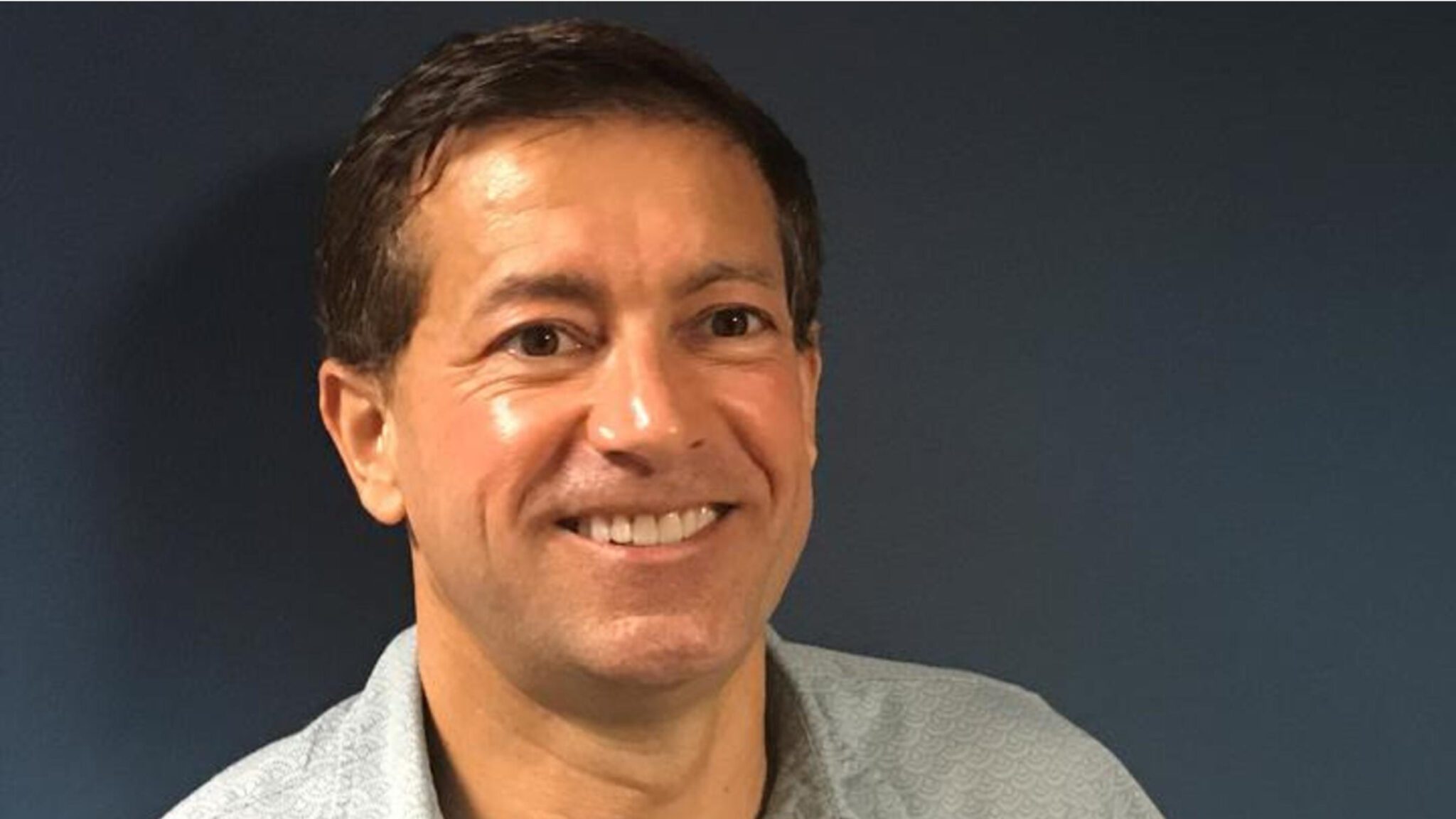
Cassava CEO goes on the offensive over data allegations, shouting down 'short attack'
Alzheimer’s player Cassava Sciences has been under fire in recent days after a citizen petition with the FDA suggested the company was playing fast and loose with its data. Now, the company’s CEO is fighting back — but maybe not with the answers investors are looking for.
In a lengthy public statement, Cassava CEO Remi Barbier blasted what he called a “short attack” on the company’s stock while doing little to directly respond to a series of allegations over data manipulation outlined in the citizen petition from last week.
Unlock this article instantly by becoming a free subscriber.
You’ll get access to free articles each month, plus you can customize what newsletters get delivered to your inbox each week, including breaking news.